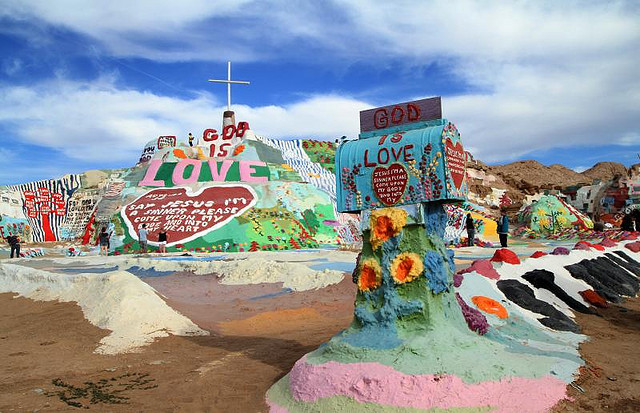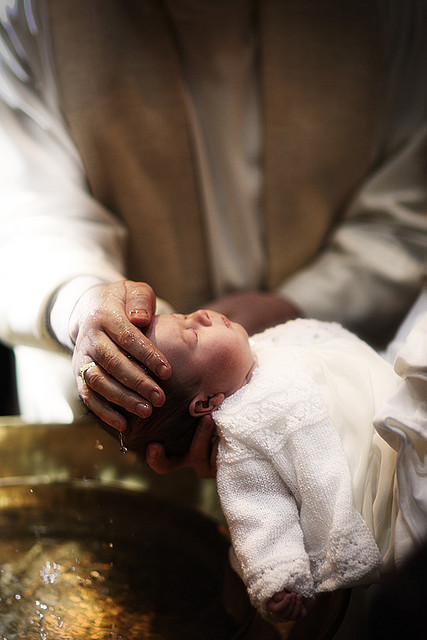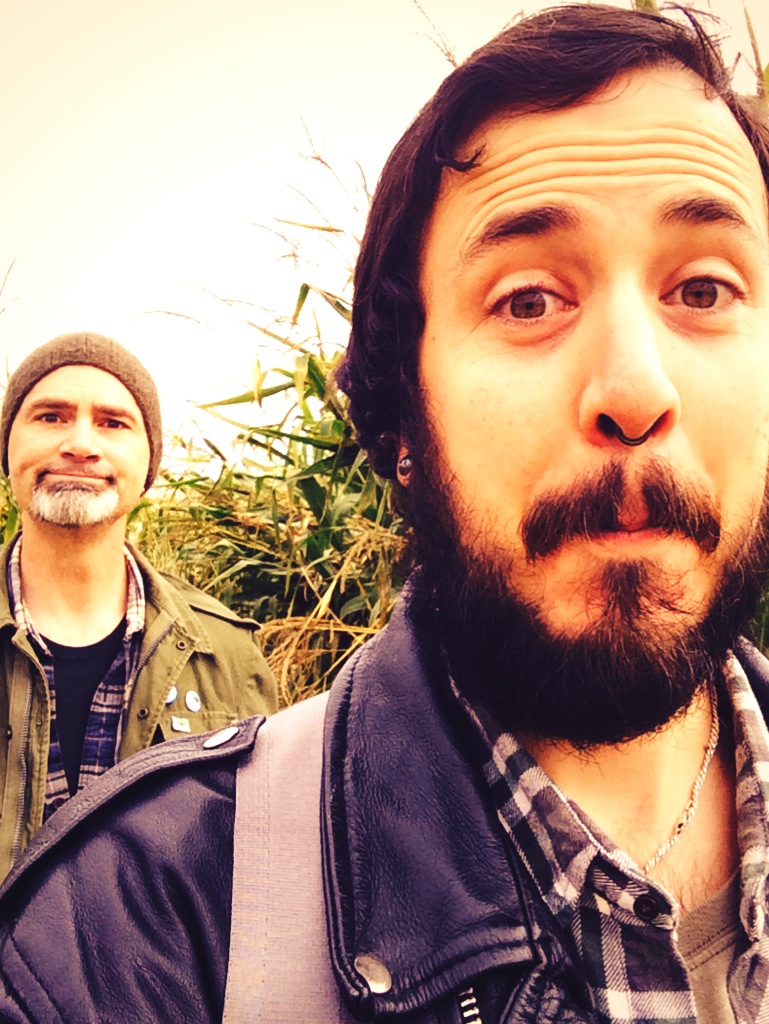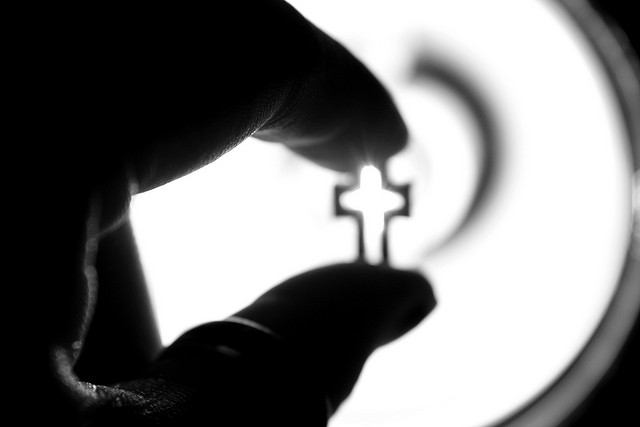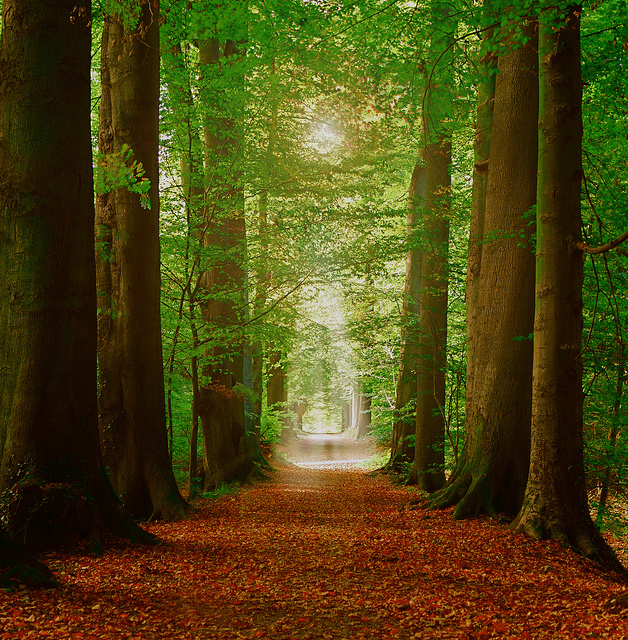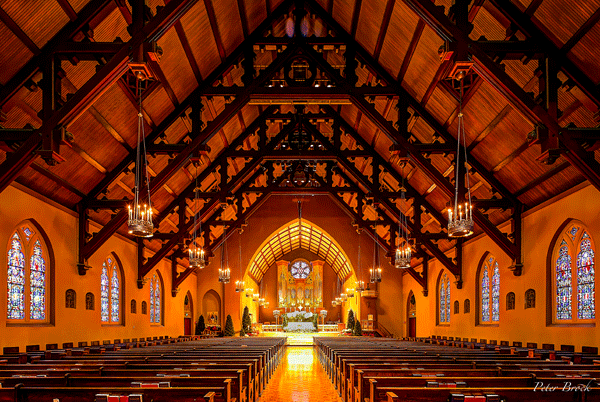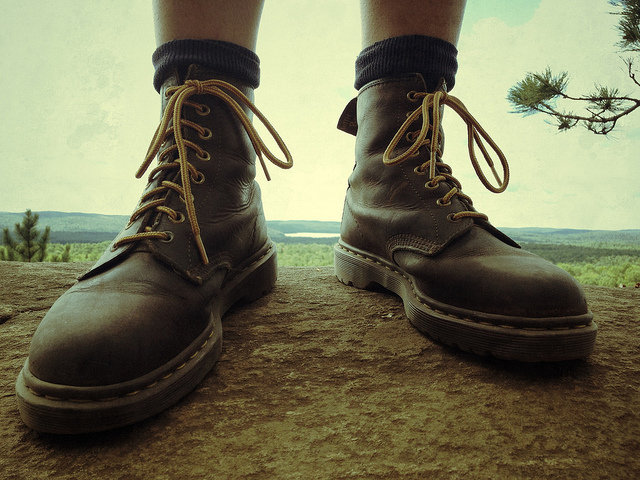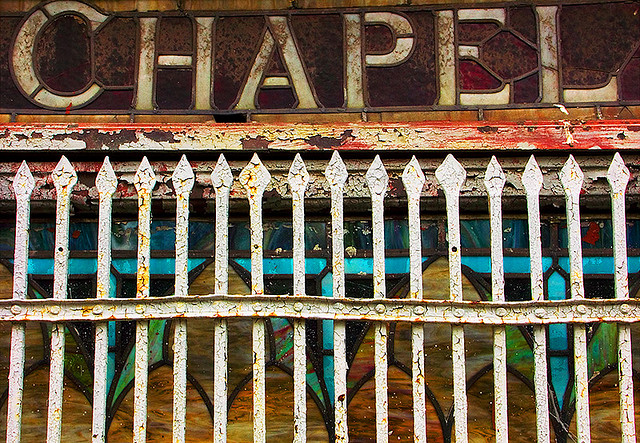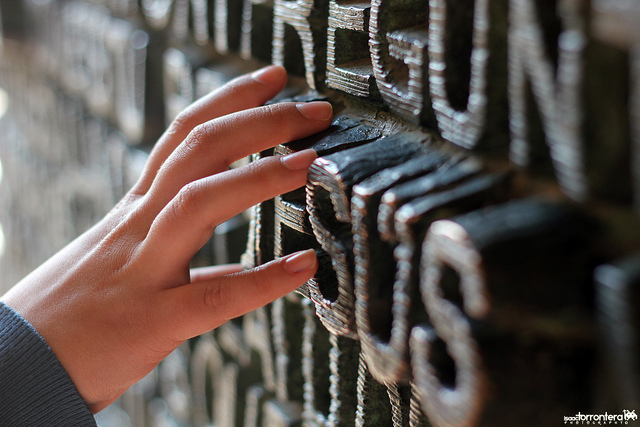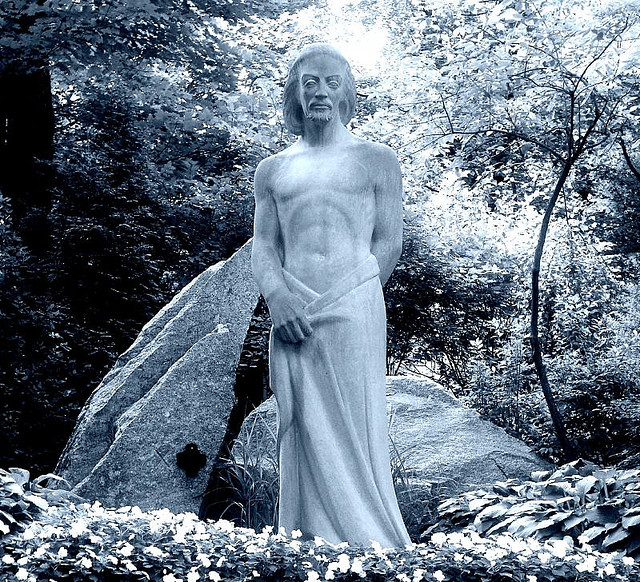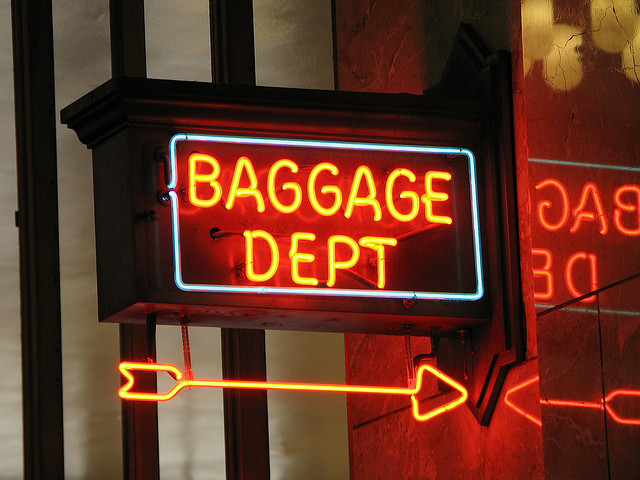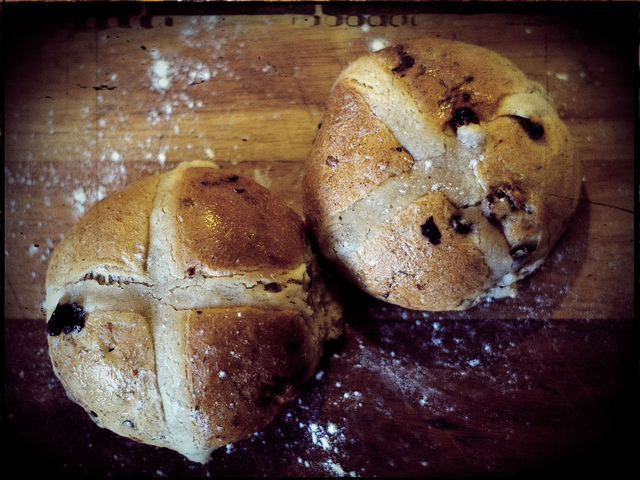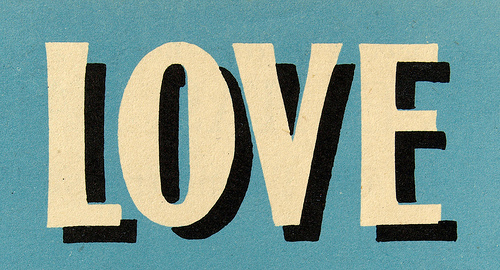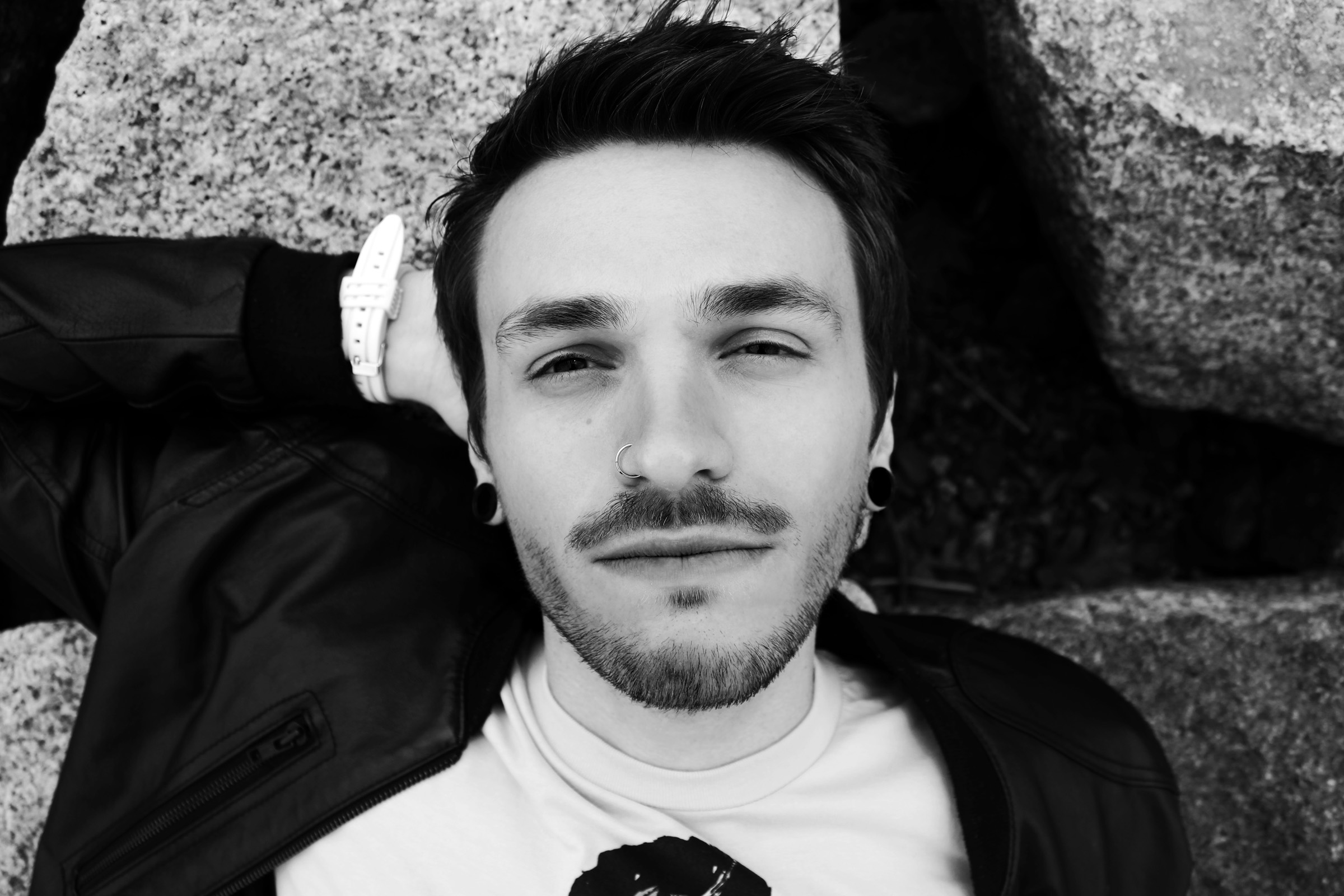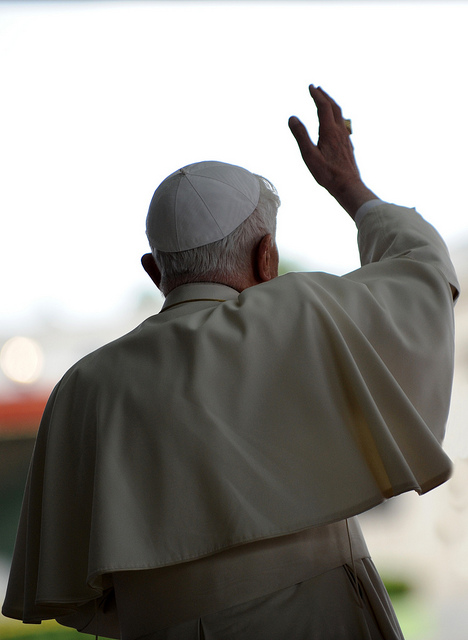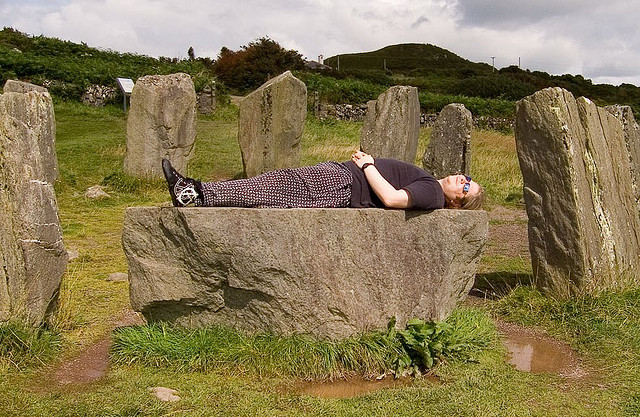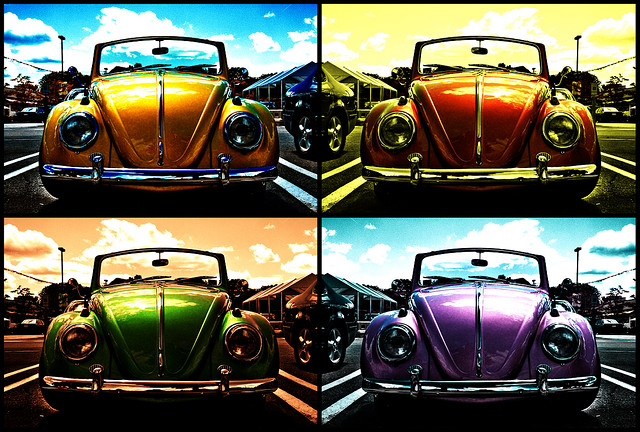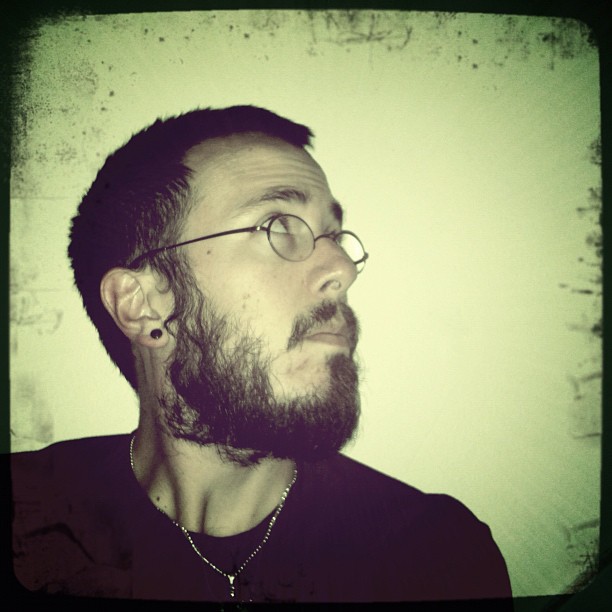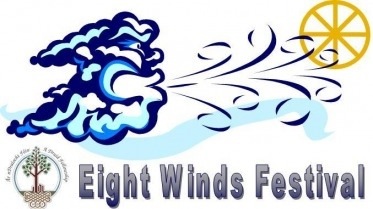Tag: Christianity
-

A voice for the Newly Saved
I don’t want to be a voice for the Newly Saved. I don’t want to be looked at as an example of what happens when Christ enters a person’s life. I don’t want to stand as a representative for all the Pagan converts out there, as though Pagans are so unified a group that there […]
-

A Christian, nonetheless.
I’ve been to dozens of baptisms in my life, but this one was different. I sat in the back of All Saints in Beverly Hills, a lovely little church in an obscenely wealthy part of the world, and I watched babies have water poured over the heads. I watched parents smile as the priest anointed […]
-

Text Message God-Talk with my Husband
This is the kind of conversation my husband and I have over text messages: Teo: When was the King James Bible published? Sean: 1600s Teo: And before that time, how did Christians come to know the Gospel? Or even have a complete sense of what “The Bible” was? Sean: Oh, there were other, earlier versions […]
-

The Unexpected Immediacy of God
Dear Sara, Thank you for your response. It’s delightful to read about your personal experiences with all of this. You offer a soothing, yet invigorating perspective. You asked, “What is contradictory for you personally between Christianity and Paganism…theologically, emotionally? Does opening the door to Christianity automatically mean shutting the door to Paganism, and if so, why? […]
-

The Truth of What Was and Is and Is to Come
The Truth of What Was I was never completely committed to ADF. I didn’t finish the Dedicant Path because I was unwilling to speak out loud the final Oath. I wasn’t willing to make that kind of commitment to Paganism, or — more specifically — that significant a renouncement of my Christianity. There were plenty […]
-

both/and
Dear Sara, I didn’t plan on going to church last weekend. It sort of just happened. I hadn’t been in a very long time, and during my most recent visit I was only barely present. Participation in the service felt a bit like an act of treason. I’d read Pagan writers who said as much. […]
-

The Kind of Pagan I Am
I’m the kind of Pagan who hasn’t gotten rid of his Bibles. I don’t think there is a single Truth any more than I think there’s only one god, but I do think there’s something which unites everything in the universe. And I’d like to imagine that this connecting force is sentient, but I don’t know […]
-

The Kind of Christian I Was
I used to sing with my eyes closed. There were a few hymns at Christmas time that really did if for me. I sang harmonies a little louder than good taste would call for. Sometimes the priest would sing the Eucharist, and I knew every melody. I’d sing along quietly to myself, just under my […]
-

Overwhelmed with Thoughts of Jesus
I’m overwhelmed with thoughts of Jesus. Jesus and God and Christianity and the Lord’s Prayer and compassion and forgiveness and hope and judgement and freedom from judgement and all of the things which made (and make) me feel connected to the Sacred. I don’t know what to do with all of this. It started when […]
-

Who’s Going to Be My Pagan Jesus?
I started reading a book yesterday called Contemplative Practices in Action: Spirituality, Meditation, and Health. It’s an academic volume which seeks to demonstrate that contemplative practices have positive affects on the lives of those who engage in them. It’s of personal interest to me for a number of reasons. First, I would like to see […]
-

My Christian Baggage
Yesterday I realized that I have what you might call, “Christian baggage.” To many, this will come as no surprise. It’s been said as much on post after post, and in the occasional Pagan forum thread. In response, I always said that I didn’t think that label was fair. Most times I think I was […]
-

A Pagan, a Druid, and an Episcopalian walk into a Church
I went to church last night. It was the first time I’d been to church since I left the Church. Taking in an evening mass, done up to the 9’s with incense and vestments, was something I hadn’t planned to do while visiting Eugene, Oregon, nor was it an invitation I expected to receive from […]
-

The Intersection of the Myth and the Meaning
To those participating in the Bishop In The Grove’s Bookclub reading of T. Thorn Coyle’s Make Magic of Your Life, join me on Twitter throughout the month of April and engage in a Twitter dialogue about the questions raised in this book. Be sure to @reply with the hashtag, #MakeMagic and Thorn’s handle, @ThornCoyle. Now, […]
-

Where Does Love Fit into Pagan and Polytheist Traditions?
I am not a Christian, but I have no problem with placing love at the center of my religious ideology. (That I should feel the need to qualify the centrality of love with an “I am not” statement is notable.) When I check in with my desire, my deepest yearning, I discover love. It’s there, […]
-

Faitheist: A Quest for Meaning Within Reason
Welcome to the first Bishop In The Grove book club discussion about our February book, Faitheist, by Chris Stedman! Let’s get something out on the table: I have never done a book club before. As such, I’m kind of winging it. My hope is that it can be informal, conversational, and ongoing; I envision there […]
-

I’m Not Catholic, But I Am Concerned
The first thing that sprung to mind when I learned that Pope Benedict was resigning from his station of service was a series of quips and puns. WWBD? He’d quit. Two living popes in Rome? It’s like Buffy and Faith all over again. Well this is a good way of dodging the child abuse scandal, no? […]
-

How Does Paganism Reconcile Pagan Bureaucracy?
I’m coming to terms with the truth about why I left the Church. It wasn’t that I had an experience of deity that fell outside of the Church’s teaching. That would come later. My experience of God was always mysterious, never concrete. I was taught that one could, if centered and open, feel a presence […]
-

Are You There Gods? It’s Me, Teo.
Sometimes I think there’s a good reason for blind faith, religious ignorance, unwavering piety. Sometimes those seem like a much easier choices than being inquisitive, being contemplative, being patient with your own uncertainty. The dialogue around the last post extended deep into the theoretical as well as the practical, even spawning an interesting offshoot post […]
-

When Jesus Hitches a Ride to the Druid Camp
I’ve been a stay-at-home Pagan, a bookish Pagan, a CUUPS ritual-attending Pagan, and a blogging Pagan. But as of yet, I have not been a festival-going Pagan. That all changes this week. On Wednesday I shall make my way to the Prosser Ranch group campground, located just outside the town of Truckee, California, and celebrate […]
